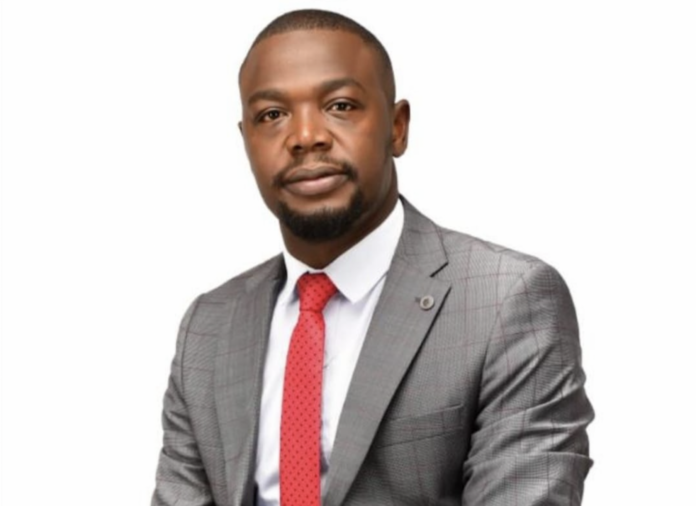Pandemic Preparedness: Like in all other continents, the COVID-19 pandemic caught Africa unawares, exposing glaring gaps and long-ignored risks within the continent’s health systems; from weak primary healthcare, over-reliance on medical imports, inadequate Human Resources for Health (HRH) to structural inequalities that manifest through weak social protection programs. This left underprivileged demographics even more vulnerable to the impact of COVID-19.
The pandemic has shown what is at stake, upending the lives of a myriad of families around the world. With the World Health Organization (WHO) estimating its global excess mortality at approximately 14.9 million as of December 2021, a generation of young people has faced a learning crisis.
It has been a stark reminder of the need to build resilient health systems to better handle future pandemics to protect lives and livelihoods.
A study in Kenya on the pandemic’s impact elucidates disruption in health services delivery, problems in the importation of COVID-19 health products for local use as well as a severe workload burden, anxiety, and stigma among HRH; three significant health system building blocks.
It is, therefore, encouraging to see widespread calls for more financing, reform of global governance for health-related crises and fresh thinking around global public health.
Without strong health systems, the impact of a pandemic is gloomy, and we can use COVID-19 to make this succinct: preventable mortalities, at least 5600 cumulative fatalities as at end of September 2022 in Kenya, as well as the uncertain livelihood of at least 2 million already mapped vulnerable households in Kenya.
In his maiden speech, President William Ruto pledged to make the National Health Insurance Fund (NHIF) a social health insurance provider, streamline procurement of health products, deploy an integrated health information system and provide adequate HRH at all healthcare levels. Achieving these further builds Kenya’s capacity for pandemic preparedness.
COVID-19: How the pandemic has changed the Africa economy
HRH aspect is still a sore thumb. Kenya has a doctor ratio of 1:16000, against a WHO-recommended one of 1: 1000. In the backdrop, some counties have shunned recruitment of doctors for several years now. Pharmacists and dental surgeons are employed in near-zero numbers in public hospitals.
In fact, those counties that employ engage the doctors on temporary and thralldom terms and thus never retain them. This denies patients these critical skills that would otherwise improve population health. Our prescription of a Health Service Commission seems to have fallen on deaf ears.
With the focus on building physical infrastructure, the so-called ‘brick and mortar model’, little consideration has been put into having an efficient workforce. This was evident during the COVID-19 pandemic when hospitals were overwhelmed due to inadequate personnel.
Health financing – the mobilization, accumulation, and allocation of money to cover the health needs of the people – is a particularly urgent component of health systems in the wake of Covid-19.
While Kenya is steadily increasing its health budget, its growth has been slow. Oscillating between 4-6 per cent, the current health expenditure (% GDP) has also consistently fallen short of Kenya’s own estimated requirements for the sector.
Moreover, it continues to fall short of the 15 per cent of the government budget benchmark set by the Abuja Declaration. The pandemic has shown the need for increased political will and technical capacity for domestic resource mobilization that should be ring-fenced for health.
Communities are central to pandemic preparedness and response and the engagement efforts should be ongoing prior to, during, and after pandemics. This always requires clear structures and sustained funding for community engagement, not just during pandemics.
Earning and maintaining trust is a long-term process that does not begin during pandemics. A government enhances trust during pandemics when health experts are the source of information. This prevents the ‘infodemic’ as that witnessed during this pandemic.
With no clear end to the global health crisis in sight, it is time for multi-stakeholder action towards strengthening health systems and providing equitable access with a view to creating far-reaching, better, and more sustainable health impact. As KMPDU, we have and are always willing to be part of the solution.








